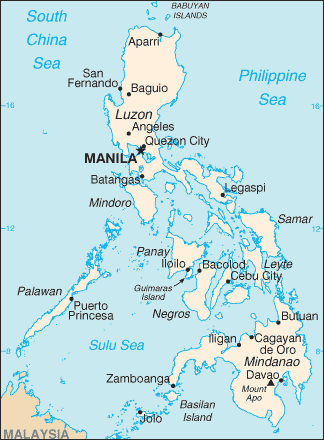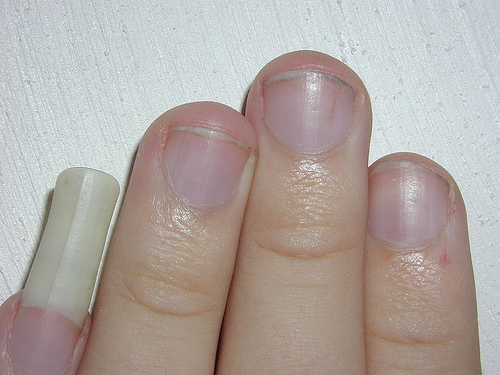
The other day, I was watching TV and saw an American Express ad about some new “Plum Card” that they were promoting featuring the store, Pinkberry and Asian-American entrepreneurs Shelly Hwang and Young Lee (both originally from South Korea). According to “Wikipedia”, “Pinkberry is an upscale chain of frozen dessert restaurants headquartered in Los Angeles, California. There are currently 36 stores, mostly located in Southern California with seven in New York City.”
I had first heard of Pinkberry a few months ago from my friend (originally from Los Angeles) who said he half-jokingly wanted to make a career change and open a Pinkberry franchise, and I was wondering – what the hell is that? (a new version of the Blackberry?).
My friend went on to explain Pinkberry, and since they are currently only in Southern California and NYC, there’s a reason why I didn’t know about them. After getting my December issue of Fast Company and reading about Pinkberry (”Berry, Berry Ambitious“), and now seeing the American Express ad:
it looks like Pinkberry is approaching the tipping point of national awareness. I hope Pinkberry opens some stores in the Bay Area soon so I can tryout this “swirly goodness. It’s honest food, without preservatives, additives or excess sugar. It is dessert reinvented.”
In October, Pinkberry received $27.5 million from Maveron, the VC firm launched by Starbucks. Let’s hope these Asian-American entrepreneurs are just as successful!

 In today’s New York Times, the newspaper reports in the story “
In today’s New York Times, the newspaper reports in the story “
 AZN Television, the network for Asian Americans, launched a new community forum on their website called
AZN Television, the network for Asian Americans, launched a new community forum on their website called 
 8 Asians was recently asked the question: Why do some Asian-Americans say that Filipinos are actually Pacific Islanders, and not really Asian?
8 Asians was recently asked the question: Why do some Asian-Americans say that Filipinos are actually Pacific Islanders, and not really Asian?







